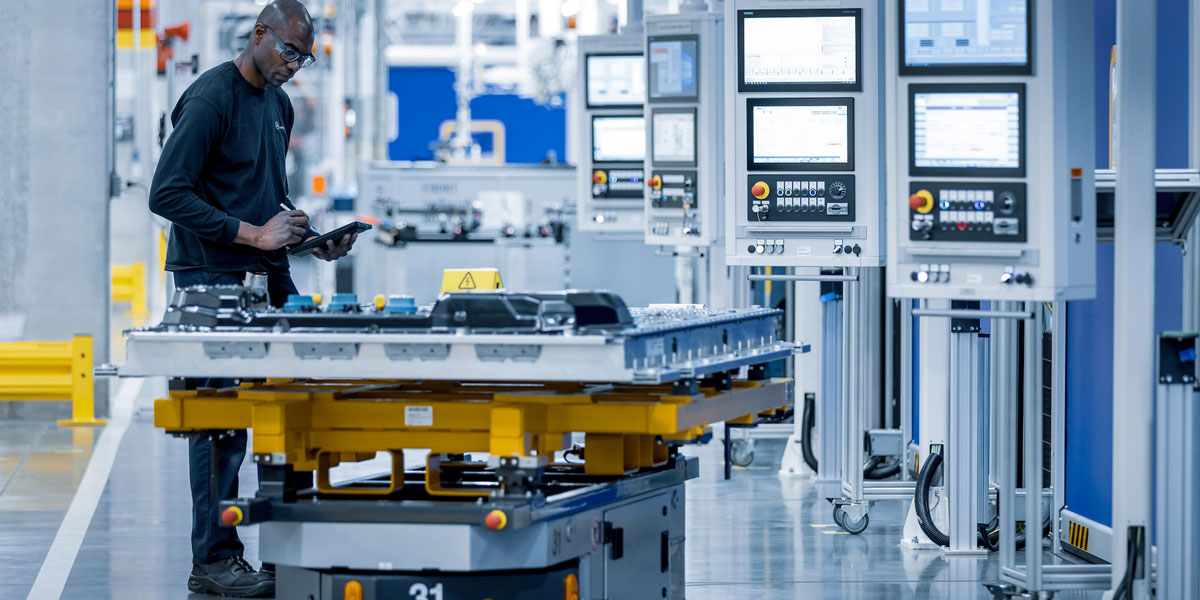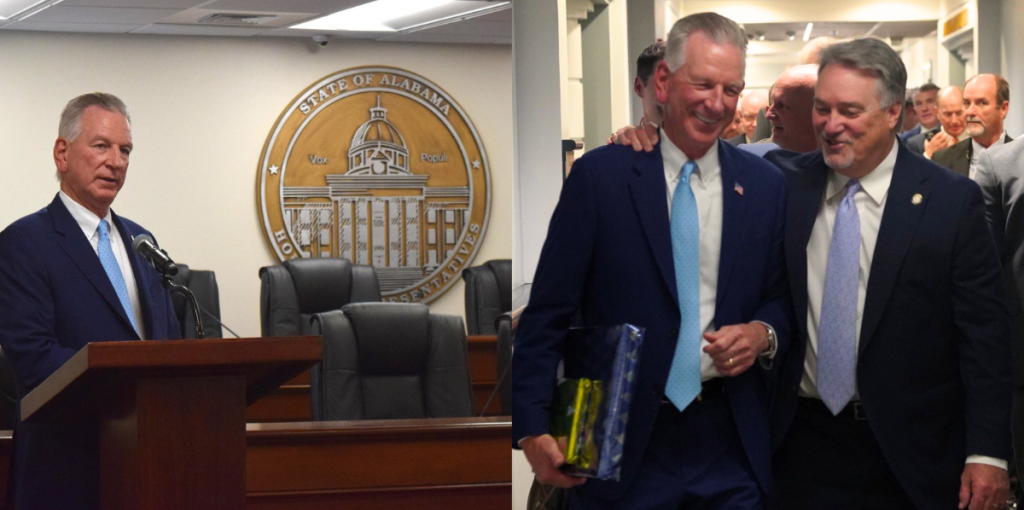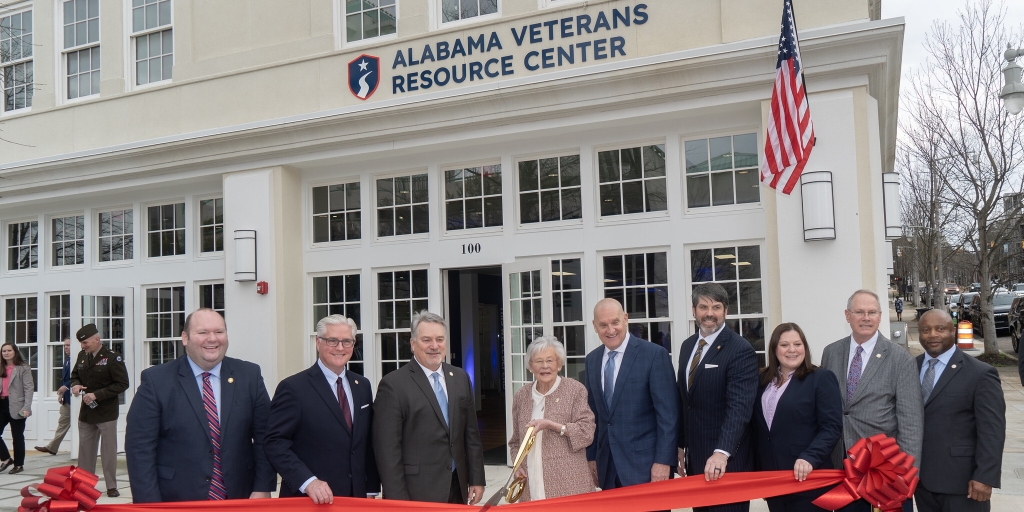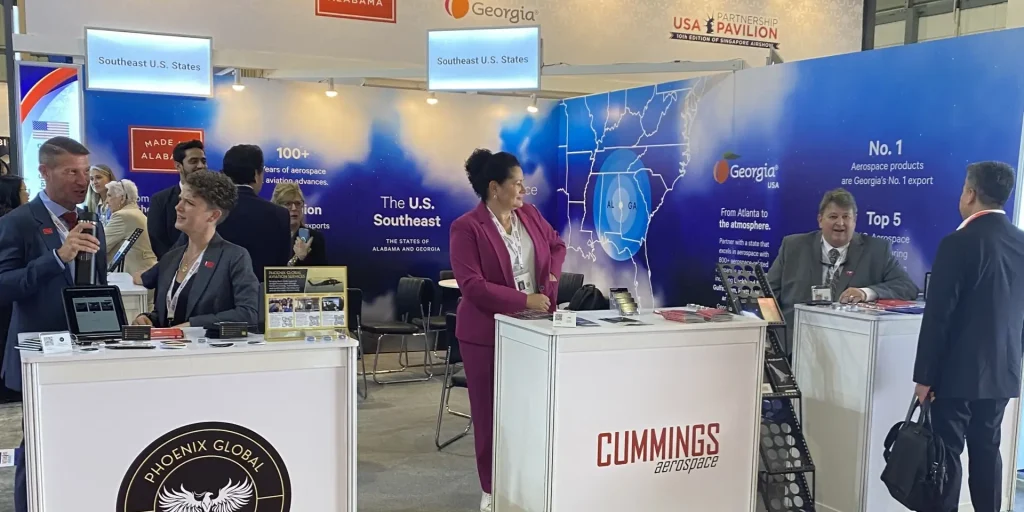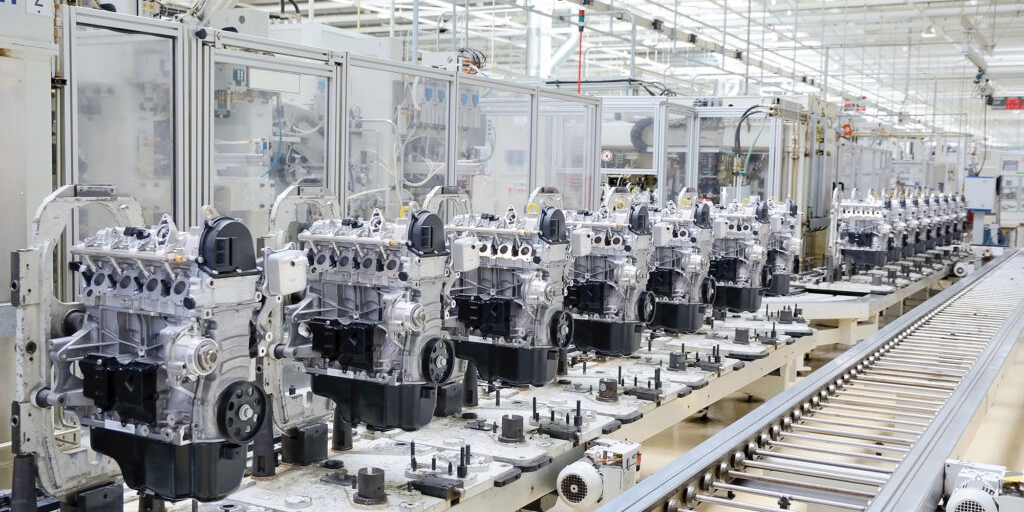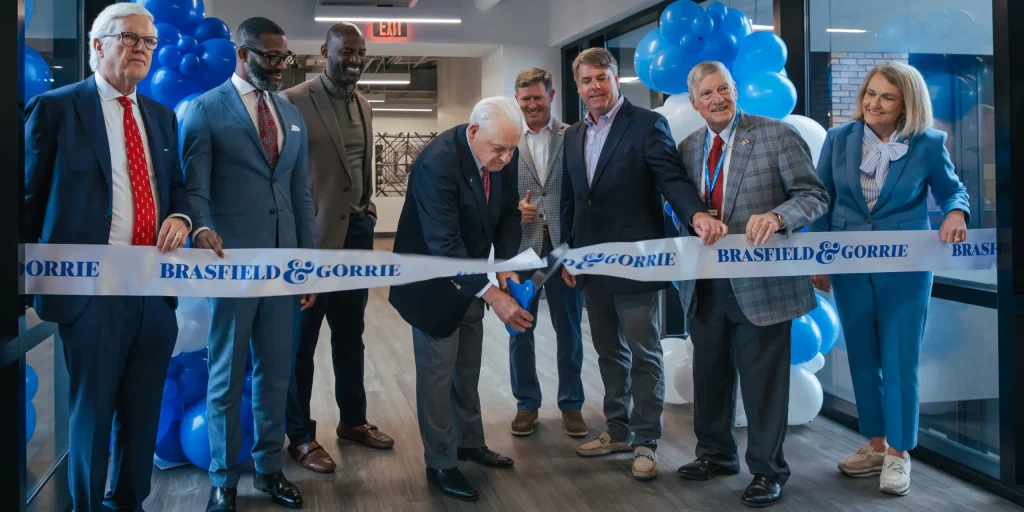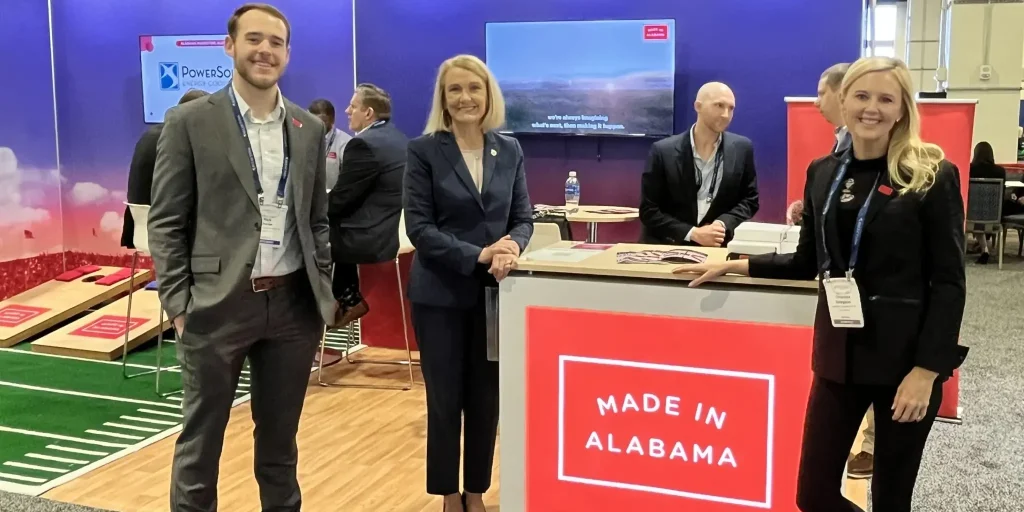Job creation tied to international investment in Alabama has been rapidly outpacing the state’s general employment growth rate, according to a report that tracks the impact of foreign direct investment (FDI) across the U.S.
The Global Business Alliance analysis says employment in Alabama tied to FDI surged 12% between 2015 and 2020, compared to overall employment growth of just 1% during the same period.
While the report’s timeframe ended three years ago, the trend has likely held steady, with FDI projects generating nearly half of new capital investment and 40% of the job commitments in economic development projects tracked by the Alabama Department of Commerce since 2020.
Almost 700 international companies have operations in Alabama, and nearly 117,000 jobs in the state stem from international investment, according to the Global Business Alliance, which represents international companies operating in the U.S. Over half of those Alabama FDI jobs — 66,400 — are in manufacturing.
“International investment projects represent major job-creation engines for many Alabama communities, including those in rural areas,” said Greg Canfield, Secretary of the Alabama Department of Commerce. “We can point to many examples across Alabama where FDI has injected vitality into local economies, triggering the creation of good jobs and opportunities for our citizens.
“The impacts are undeniable,” he added.
It’s being felt in Elkmont, a town of around 430 residents in North Alabama’s Limestone County, where French auto supplier EFI Automotive announced plans this year to invest $6 million to expand production of sensors used in Ford pickups. The project will create 35 jobs.
“EFI has been and continues to be an outstanding corporate partner and the Town of Elkmont is honored to have the opportunity to play a small role in this announcement,” Mayor Tracy Compton said.
In the past decade, international investment in Alabama has surpassed $25 billion, generating more than 38,000 job commitments in key industries including automotive, aviation and metals manufacturing, according to data compiled by the Alabama Department of Commerce.
Last year, FDI pouring into Alabama topped $5.5 billion, representing over half the annual total, a record $10.1 billion, as international investment climbed to the highest level in at least a decade.
Led by investments coming from companies based in India, South Korea, France and Japan, these 2020 projects are projected to create over 4,500 direct jobs, according to Commerce’s data.
A large portion of the 2022 international investment flowed into Alabama’s auto industry, and a hefty share of that ended up in rural areas.
South Korean auto parts makers are especially active investors in rural Alabama, launching projects last year valued at more than $171 million in cities such as Luverne, Cusseta, Greenville, Castleberry and Selma, according to Commerce data.
The momentum has continued into 2023.
Earlier this year, South Korean supplier Samkee announced plans to invest $128 million and create 170 jobs at its first U.S. manufacturing facility in Tuskegee, while another, Seoyon E-HWA Interior Systems, moved to add 60 jobs with a $4 million expansion project in Selma.
Seoyon’s facility at Selma’s Craig Industrial Park produces several molded plastic interior trim parts for vehicles assembled at the Hyundai Motor Manufacturing Alabama plant in Montgomery. The Selma operation got its start in 2005 and today has around 440 workers, making it one of the city’s largest employers.
Wayne Vardaman, executive director of the Selma-Dallas County Economic Development Authority, said Seoyon will add an assembly line at its existing facility, with the project slated for completion in early 2024.
“They’ll do all the tooling and everything for that line here in the Selma plant, make the product, and ship it over to Montgomery to the final assembly line,” he said.
Vardaman, who was involved in the initial recruitment of the company (then known as Hanil E-HWA), said it has been a solid addition to the area’s business community.
“I’ve been working with this company for a very long time,” he added. “They’re a very good company, and we appreciate them. It took a lot of hard work to get them here.”
The story has played over in many smaller Alabama communities. Between 2015 and 2022, Alabama’s rural counties attracted over $2 billion in FDI through growth projects with around 4,500 job commitments, according to Commerce data.
This investment has primarily originated from companies based in South Korea, Canada, Japan and Germany.
“The high level of FDI activity shows decision-makers around the world that rural Alabama is an ideal location for doing business, and the companies locating there often expand their operations because they are getting the critical support they need to be successful,” said Brenda Tuck, Rural Development Manager for the Alabama Department of Commerce.
The Global Business Alliance says FDI-related jobs account for 7.2% of the state’s total employment, a level that’s about equal to Georgia and higher than Mississippi and Florida.
The ratio is higher than the U.S. average of just over 6%, according to the organization.




